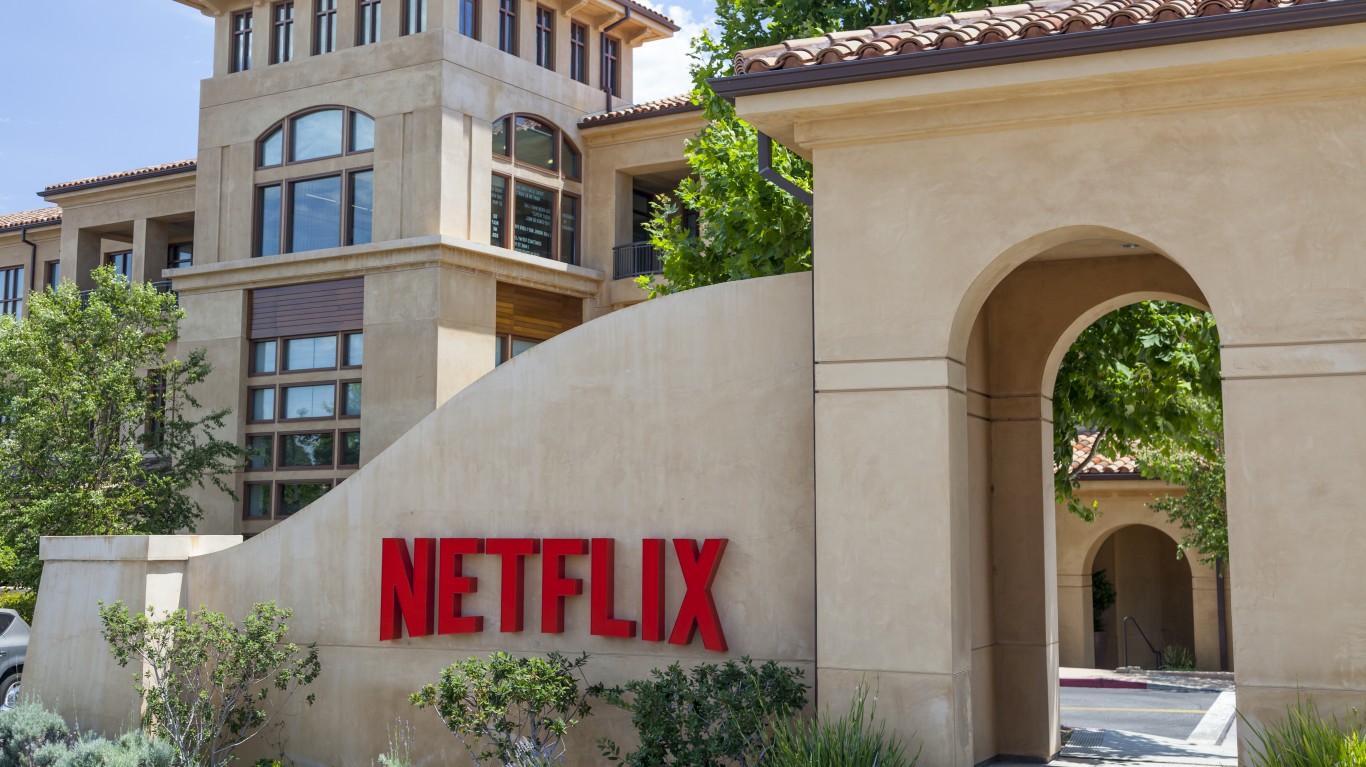 The International Monetary Fund tried to elbow itself to center stage in the debate about solving Europe’s financial crisis. This just ahead of a meeting of eurozone finance ministers, who gathered primarily to address immediate problems in Greece and Spain. The IMF offered a warning that has become standard among critics of current solutions.
The International Monetary Fund tried to elbow itself to center stage in the debate about solving Europe’s financial crisis. This just ahead of a meeting of eurozone finance ministers, who gathered primarily to address immediate problems in Greece and Spain. The IMF offered a warning that has become standard among critics of current solutions.
A strong collective commitment to “a robust and complete monetary union” would help restore faith in its viability, the IMF statement said. It should encompass a credible path to a banking union as an immediate priority, and greater fiscal integration with better governance and more risk sharing.
U.S. Treasury Secretary Tim Geithner made almost identical comments last week. Like the IMF, the United States does not have to convince its citizens that they should bear the burden of either austerity or taxes to bail out weak neighbors.
The IMF also offered several suggestions that would require investments by both it and the financial strongest members of the eurozone — which can be read as Germany.
In its recent statement suggesting solutions, the agency recommend these new initiatives:
- Reforming job markets to raise labor force participation rates
- Increasing competitiveness in the tradable goods sectors in Southern Europe
- Boosting investment in infrastructure and human capital to support growth and employment
- Reforming product markets to help generate a “more vibrant services sector and raise overall productivity” in Northern Europe
The first suggestion boils down increasing employment in nations like Spain, Italy and Greece. The other suggestions would make sense if the jobless rate in these countries was near 8%, not 20% or more. A better jobs market presupposes that southern eurozone nations can create industries and service sectors that can compete with those in Germany and France. The structures to make that possible do not exist and never really have. Greece cannot simply be filled up with productive BMW factories and world-class software companies overnight. There is no pool of financing to build the factories, and Greece lacks the intellectual capital to create a high-end service sector.
The IMF’s suggestions are based on a rebalancing of business, trade and education within the eurozone. That is so radical and so improbable as a goal that the suggestions likely will be ignored.
Douglas A. McIntyre
Take This Retirement Quiz To Get Matched With An Advisor Now (Sponsored)
Are you ready for retirement? Planning for retirement can be overwhelming, that’s why it could be a good idea to speak to a fiduciary financial advisor about your goals today.
Start by taking this retirement quiz right here from SmartAsset that will match you with up to 3 financial advisors that serve your area and beyond in 5 minutes. Smart Asset is now matching over 50,000 people a month.
Click here now to get started.
Thank you for reading! Have some feedback for us?
Contact the 24/7 Wall St. editorial team.



